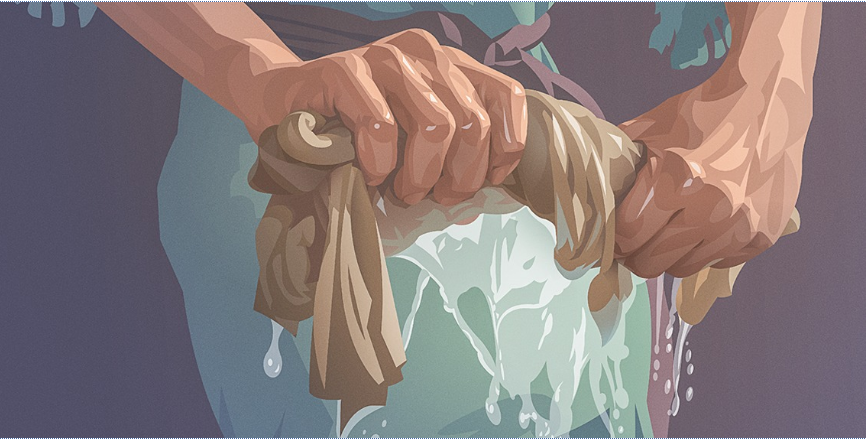God’s Laws on Hygiene Were Ahead of Their TimePlay

Shortly before the nation of Israel entered the Promised Land some 35 centuries ago, God said that he would protect them against “the terrible diseases” that they had known in Egypt. (Deuteronomy 7:15) One way he did this was by giving them detailed instructions on disease control and hygiene. For example:
The nation’s code of laws required bathing and clothes washing.—Leviticus 15:4-27.
Regarding human waste, God stated: “A private place should be designated for use outside the camp, and there is where you should go. A peg should be part of your equipment. When you squat outside, you should dig a hole with it and then cover your excrement.”—Deuteronomy 23:12, 13.
People who were thought to have a communicable disease were quarantined—kept away from others for a time. Before returning, those who recovered from sickness had to wash their garments and bathe in water if they were to be considered “clean.”—Leviticus 14:8, 9.
Anyone who touched a dead body was quarantined.—Leviticus 5:2, 3; Numbers 19:16.
Israel’s laws reflected medical concepts and views on sanitation that were far ahead of their time.
Elsewhere, primitive standards of hygiene were prevalent. For example:
Waste was deposited in streets. Polluted water, contaminated food, and other kinds of refuse created unsanitary conditions that contributed to a high rate of disease and infant mortality.
Ancient medical doctors had little or no knowledge of germs and pathogens. Egyptians used such “remedies” as lizard blood, pelican dung, dead mice, urine, and moldy bread. Human as well as animal excrement was also commonly used in their medical procedures.
The ancient Egyptians picked up a variety of parasites from the contaminated waters of the Nile River and its irrigation canals. Likewise, many infants in Egypt died of diarrhea and similar disorders caused by contaminated food.
The Israelites, on the other hand, benefited and remained comparatively healthy by following the standards set out in God’s Law.
This gave so much insight. Hopefully world would be better but everyone should be responsible